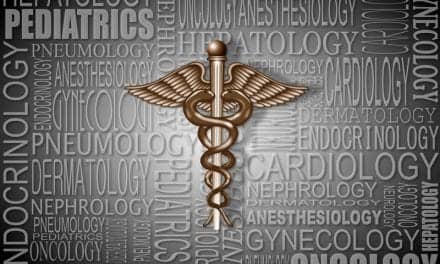10/11/06
People who suffer from sleep disorders are often advised to limit caffeine intake before going to sleep. While some may think that they will be well off with limiting caffeine by consuming decaffeinated coffee, research is suggesting otherwise.
Caffeine is the most widely consumed drug in the world. And because coffee is a major source in the supply line, people advised to avoid caffeine because of certain medical conditions like hypertension should be aware that even decaffeinated brew can come with a kick, University of Florida researchers report in this month’s Journal of Analytical Toxicology.
“If someone drinks five to 10 cups of decaffeinated coffee, the dose of caffeine could easily reach the level present in a cup or two of caffeinated coffee,” said co-author Bruce Goldberger, PhD, a professor and director of UF’s William R. Maples Center for Forensic Medicine. “This could be a concern for people who are advised to cut their caffeine intake, such as those with kidney disease or anxiety disorders.”
Despite caffeine’s widespread use, most medical texts have no guidelines for intake, Goldberger said, but even low doses might adversely affect some people. So UF researchers set out to conduct a two-phase study designed to gauge just how much caffeine is likely to turn up in decaffeinated coffees.
First they purchased 10 16-ounce decaffeinated drip-brewed coffee beverages from nine national chains or local coffee houses and tested them for caffeine content. Caffeine was isolated from the coffee samples and measured by gas chromatography. Every serving but one—instant decaffeinated Folgers Coffee Crystals—contained caffeine, ranging from 8.6 milligrams to 13.9 milligrams.
In comparison, an 8-ounce cup of drip-brewed coffee typically contains 85 milligrams of caffeine.
In the study’s second phase, scientists analyzed 12 samples of Starbucks decaffeinated espresso and brewed decaffeinated coffee taken from a single store. The espresso drinks contained 3 milligrams to 15.8 milligrams of caffeine per shot, while the brewed coffees had caffeine concentrations ranging from 12 milligrams to 13.4 milligrams per 16-ounce serving.
“One has to wonder if decaf coffee has enough, just enough, caffeine to stimulate its own taking,” said co-author Mark S. Gold, MD, a distinguished professor of psychiatry, neuroscience and community health and family medicine at UF’s College of Medicine. “Certainly, large cups and frequent cups of decaf would be expected to promote dependence and should be contraindicated in those whose doctors suggested caffeine-free diets.”
And even moderate caffeine levels can increase agitation, anxiety, heart rate and blood pressure in some susceptible individuals, Goldberger said.


